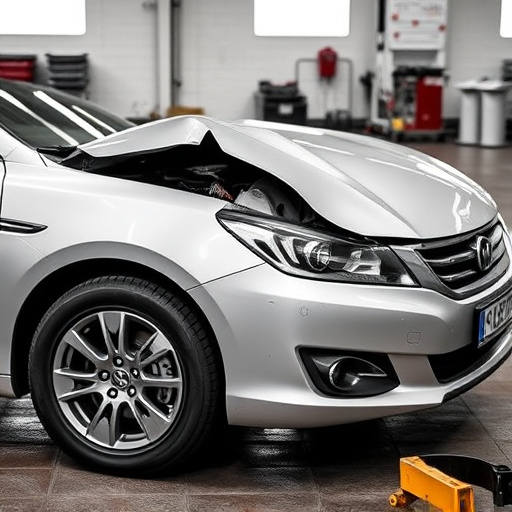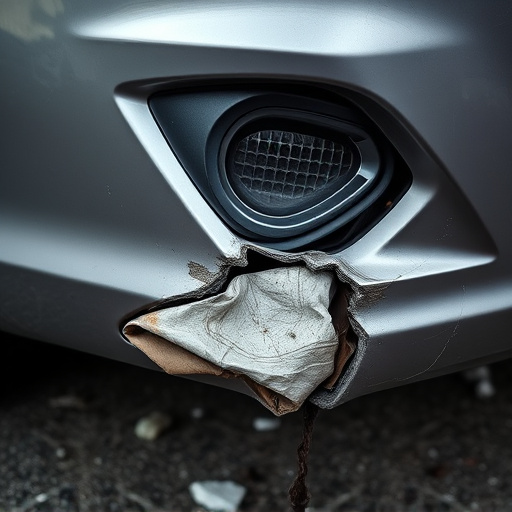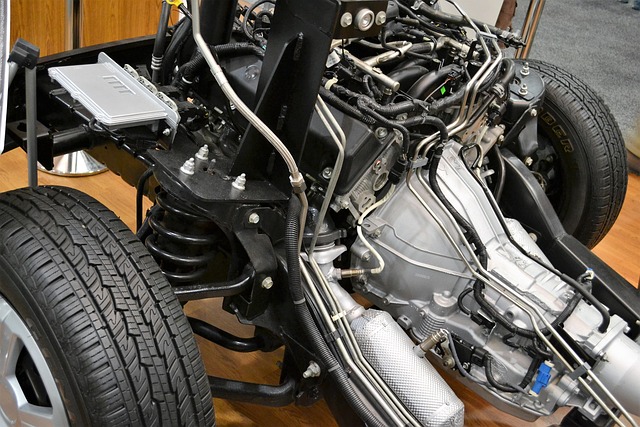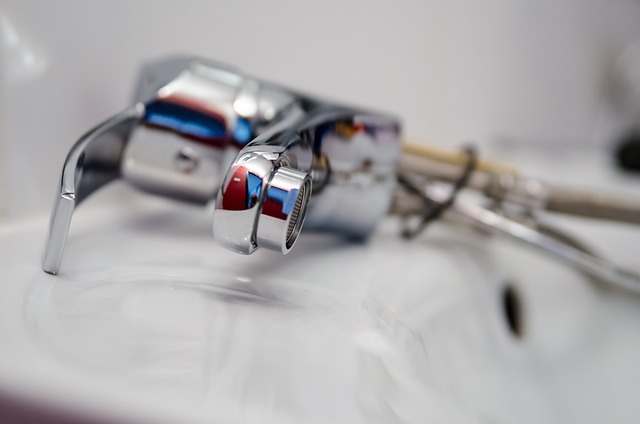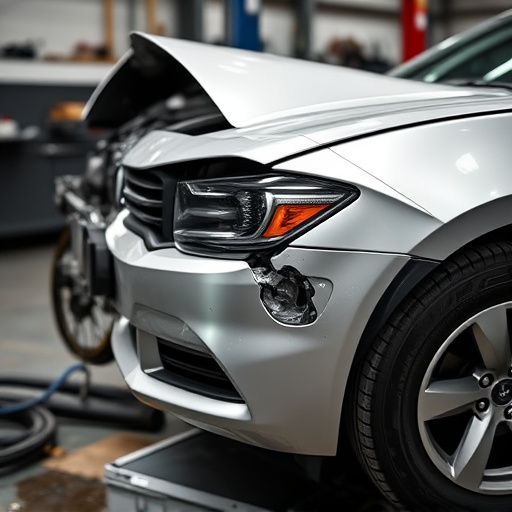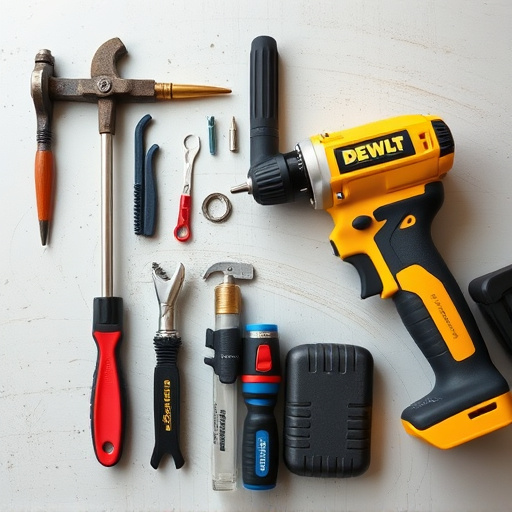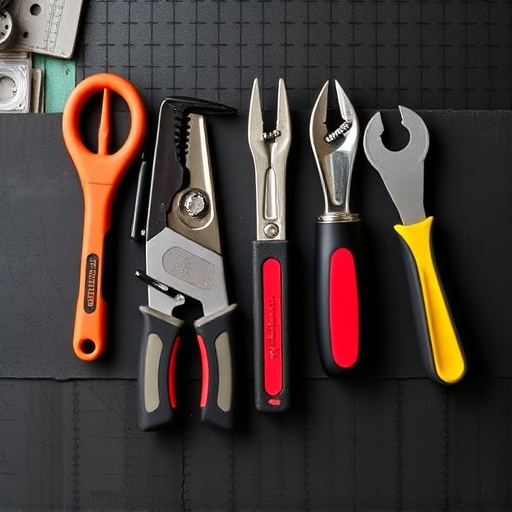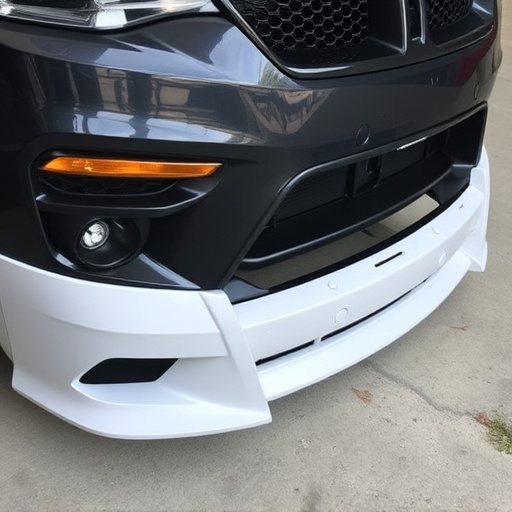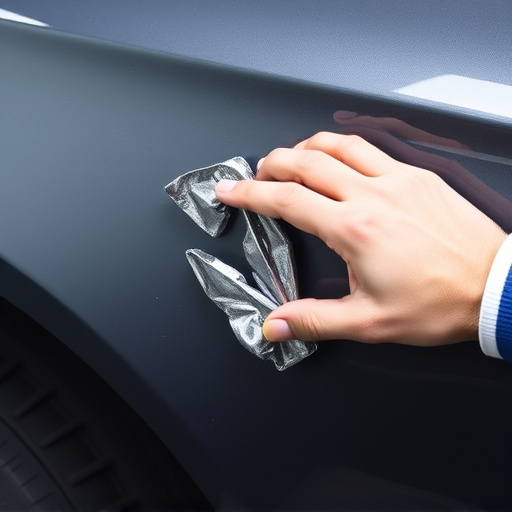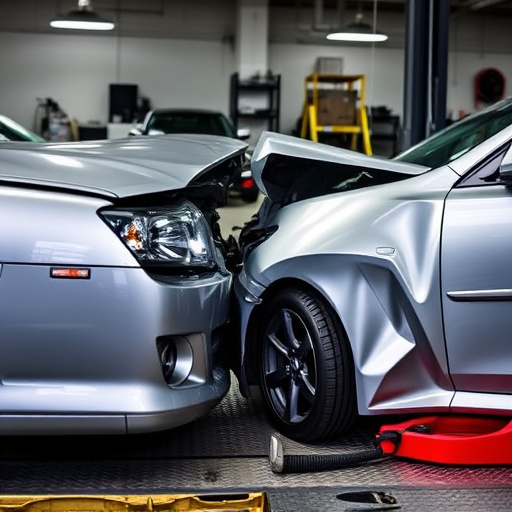Certified welding techniques are vital for long-term vehicle durability, ensuring precision and strength in repairs. Recognized authorities set standards that reduce structural failures, especially in minor damages like fender benders, maintaining hidden component integrity. These advanced methods enhance structural integrity, extend lifespans, and play a critical role in restoring damaged bodies to original safety standards, being indispensable for reliable auto repair services.
Certified welding techniques play a pivotal role in ensuring long-term durability of structures and components. This article delves into the profound impact of understanding and adhering to certified welding standards, exploring how they strengthen material bonding and enhance structural integrity. We examine the longevity and maintenance benefits, underscoring why investing in certified welding is essential for projects demanding superior resilience and reliability.
- Understanding Certified Welding Standards
- Impact on Material Strength and Bonding
- Longevity and Maintenance Benefits
Understanding Certified Welding Standards
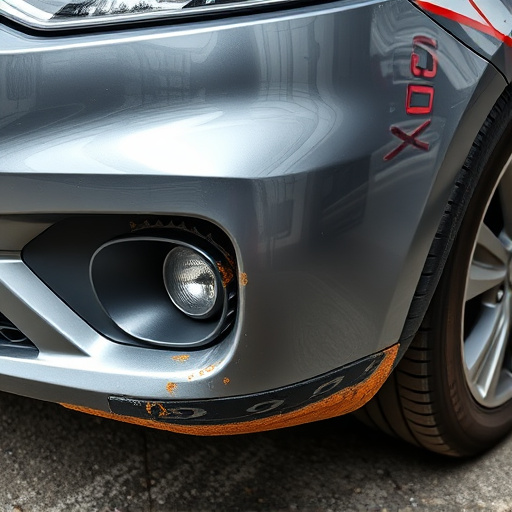
Certified welding techniques are paramount in ensuring long-term durability, especially within the automotive industry where precision and strength are vital. These standards, set by recognised authorities, provide a framework for welders to achieve consistent, high-quality results. By adhering to certified welding practices, car repair shops can significantly reduce the risk of structural failures, which is particularly important in the event of a fender bender or other minor vehicle repairs.
This isn’t just about preventing visible damage; it also ensures that hidden components, like frame rails and chassis parts, remain intact and secure. The application of these techniques during routine car maintenance or complex body work directly contributes to the overall longevity and safety of vehicles, offering peace of mind for owners and mechanics alike.
Impact on Material Strength and Bonding

Certified welding techniques play a pivotal role in enhancing the structural integrity of materials used in various industries, including automotive applications at collision centers and vehicle body shops. These advanced methods ensure precise fusion, leading to superior material bonding and strength. By utilizing controlled heat and pressure, certified welders create strong bonds that withstand rigorous testing, ensuring the long-term durability of components.
This meticulous approach to welding not only improves the overall quality of autobody repairs but also extends the lifespan of vehicles. The impact is particularly noticeable in collision centers where precise welding is essential for restoring damaged vehicle bodies to their original strength and integrity, ensuring safety and reliability on the road.
Longevity and Maintenance Benefits
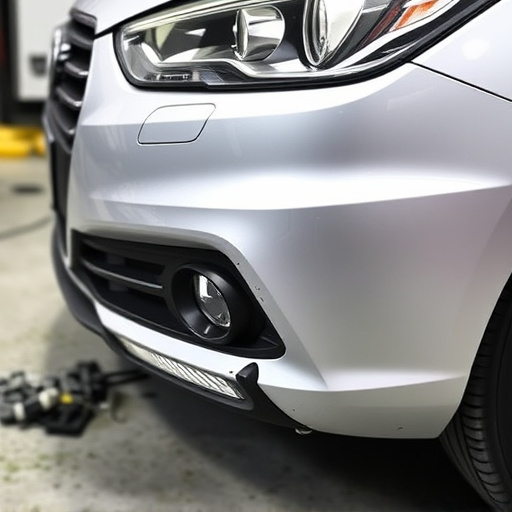
Certified welding techniques offer significant longevity and maintenance benefits for various structures and components. When performed correctly by skilled professionals, these techniques ensure that joints are strong, durable, and resistant to cracks or failures over time. This long-term durability is especially crucial in industries like automotive, where reliable vehicle repair services rely on robust welds to keep vehicles safe and on the road.
In addition to structural integrity, certified welding enhances the overall maintenance ease of products. For instance, in paintless dent repair services, precise welding can restore damaged cars to their original condition, minimizing the need for extensive repainting or tire services. This not only saves time and money but also preserves the vehicle’s aesthetics, making it a preferred choice for those seeking top-notch repair solutions.
Certified welding techniques, by adhering to strict industry standards, significantly enhance material strength and bonding. This results in structures that are more durable and require less maintenance over their lifespan. Investing in these techniques is thus a strategic move for ensuring long-term reliability across various industries. Certified welding not only boosts structural integrity but also contributes to cost savings through reduced repair and replacement needs.

